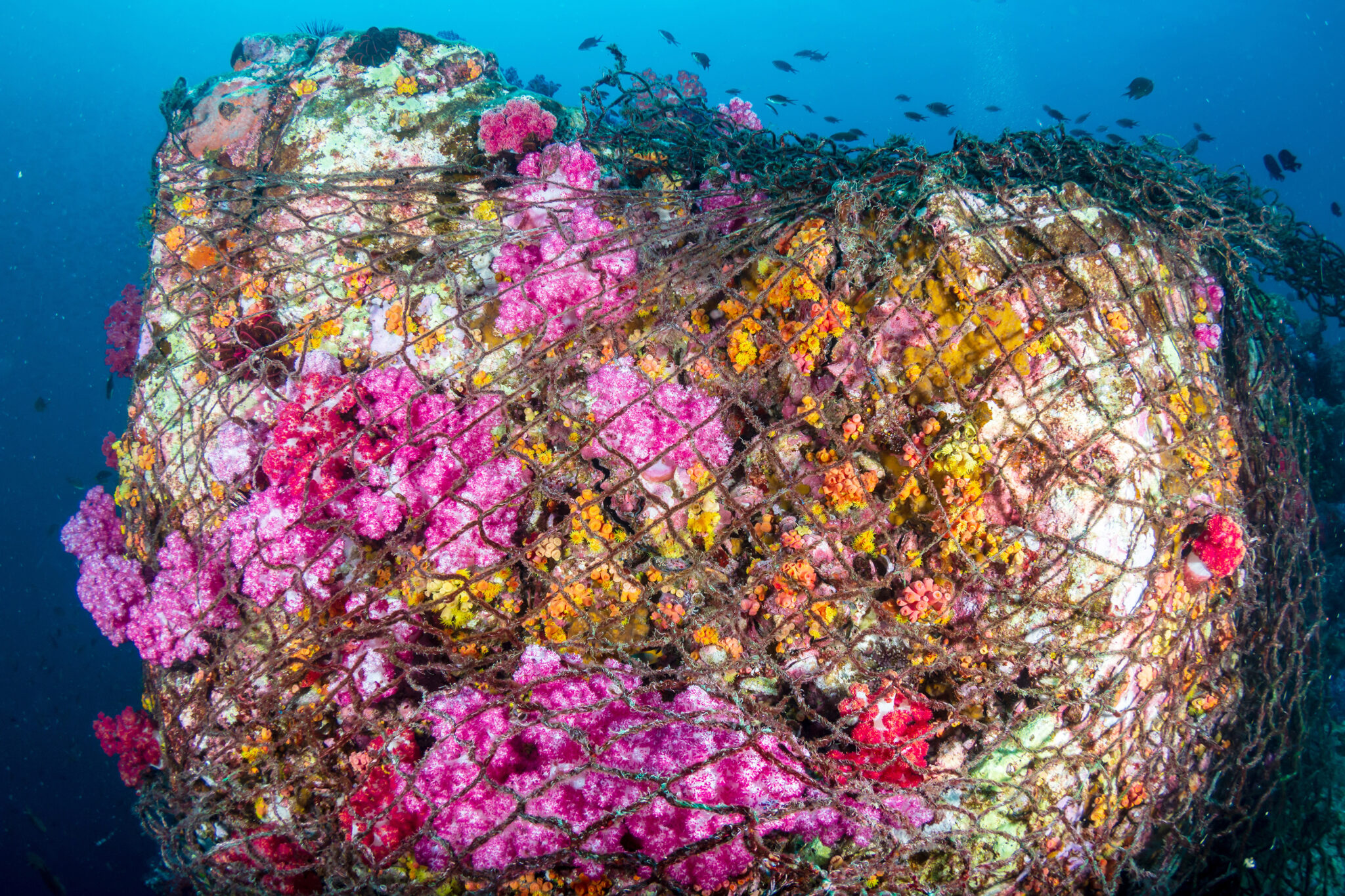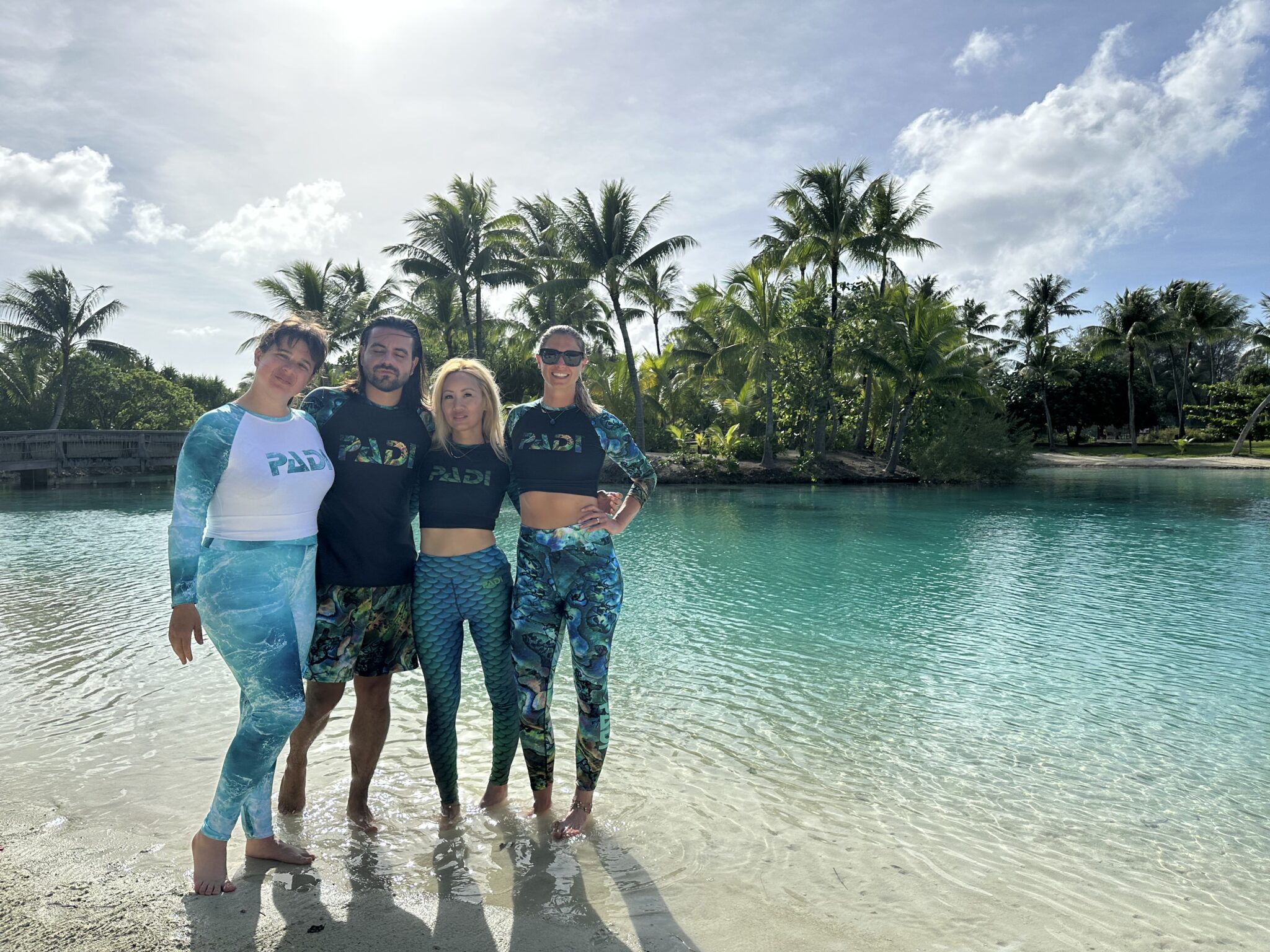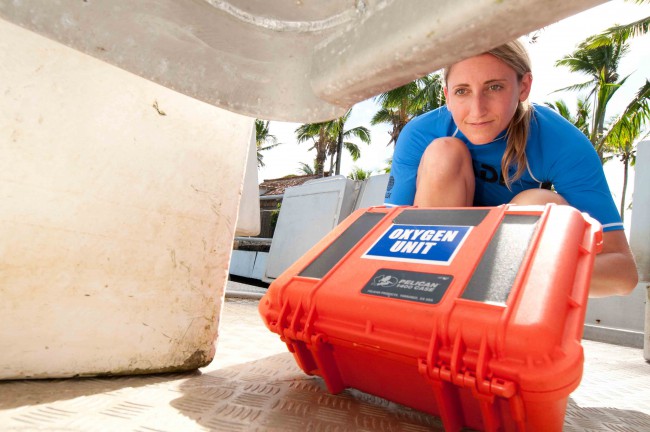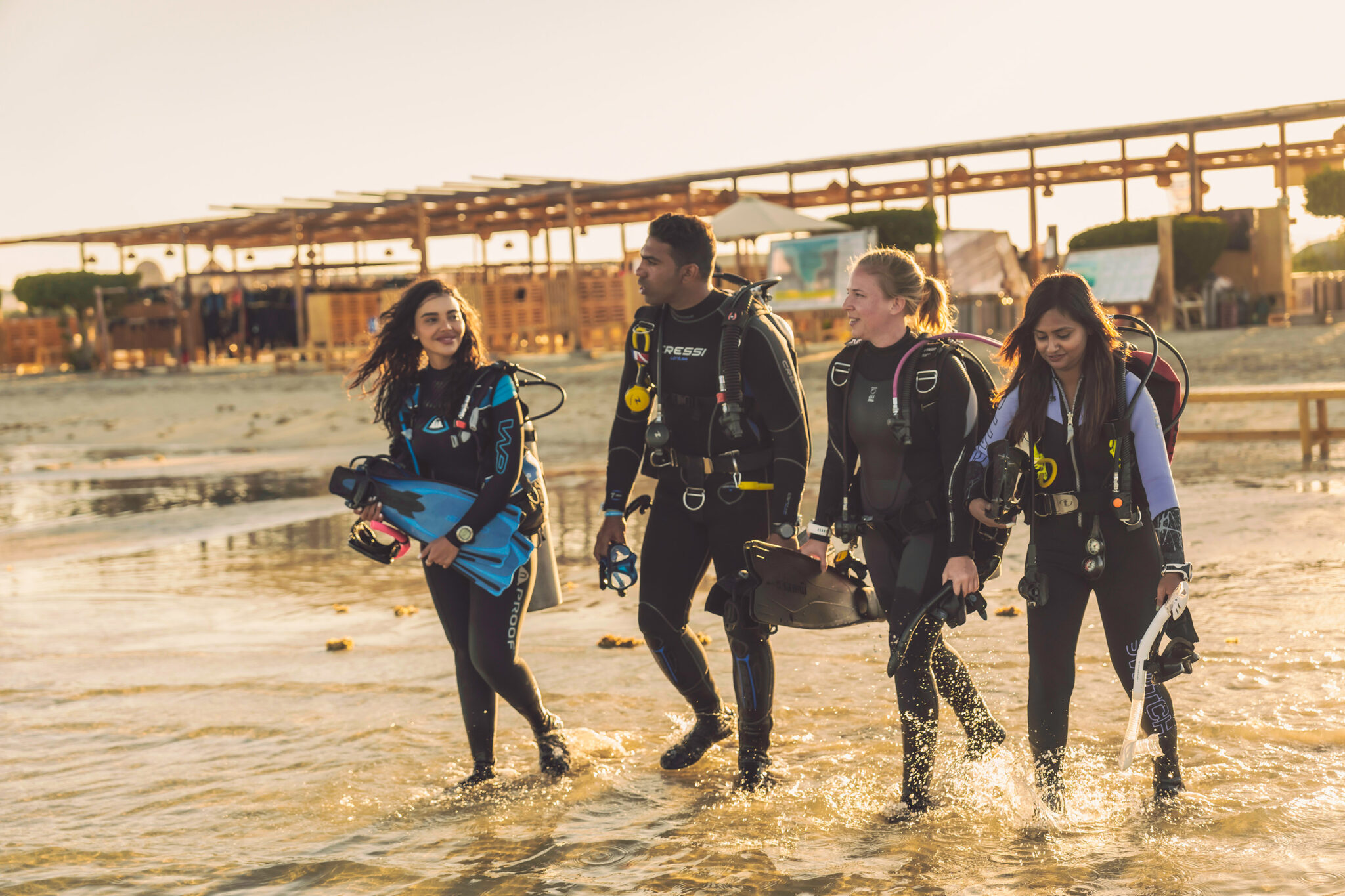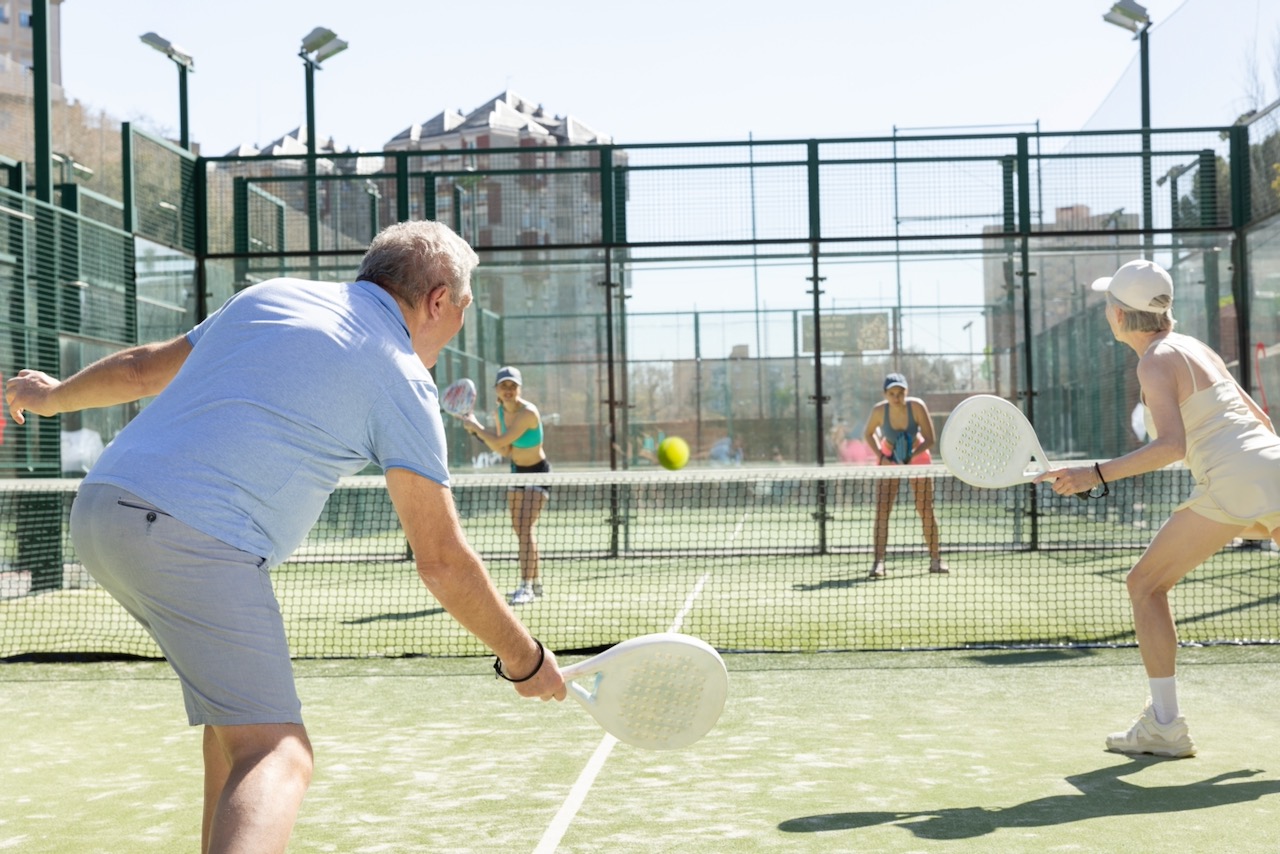You might think only technical or commercial divers need a knife for diving, but all divers benefit from being prepared. Whether you’re a snorkeler or a seasoned scuba diver, carrying a diving knife offers peace of mind and safety.
It was my sixth dive in a little over a week, and I was about to hit the water with Four Seasons Kuda Huraa in the Maldives. I tightened the straps of my Buoyancy Control Device (BCD), went through a final buddy check with my PADI Divemaster, and without a care in the world, descended into the turquoise waters of the Indian Ocean. It was only later that I realized I was so fixated on a desire to see the mantas just off the coast of Malé, that I hadn’t felt any of my normal pre-dive nerves.
Emergency oxygen is the primary first aid for decompression sickness (DCS/the bends) and arterial gas embolisms (AGE). It is often used to help people who have drowned or experienced cardiac arrest. If you’re not a dive professional, you may have debated the benefits of taking The PADI Emergency Oxygen Provider Specialty course. Here are a few things to consider.
There are few jobs in the world as rewarding as being a PADI Professional. Becoming a professional scuba diver means the ocean is your office. It also gives you the chance to work with exciting people and to make a real impact in the fight to protect our blue planet.
Real-life experiences can be an invaluable tool for potential future first responders. While there is no substitute for in-person training and real-life experience, firsthand accounts of emergency situations provide unique insights into decision-making, problem-solving, and the emotional resilience required in high-pressure scenarios. These narratives can help future first responders understand the complexities of real-world emergencies, prepare for unexpected challenges, and develop a deeper appreciation for the critical role they will play in saving lives and ensuring public safety.
